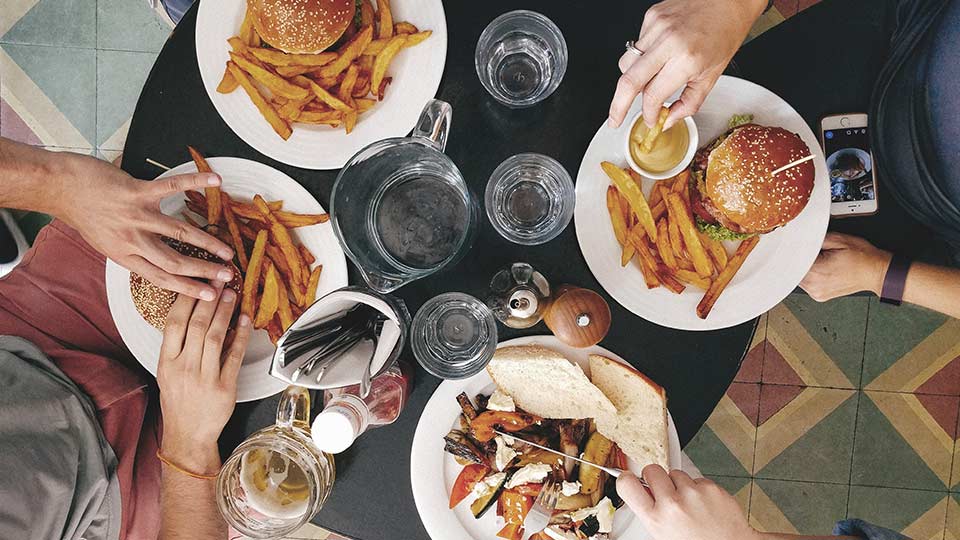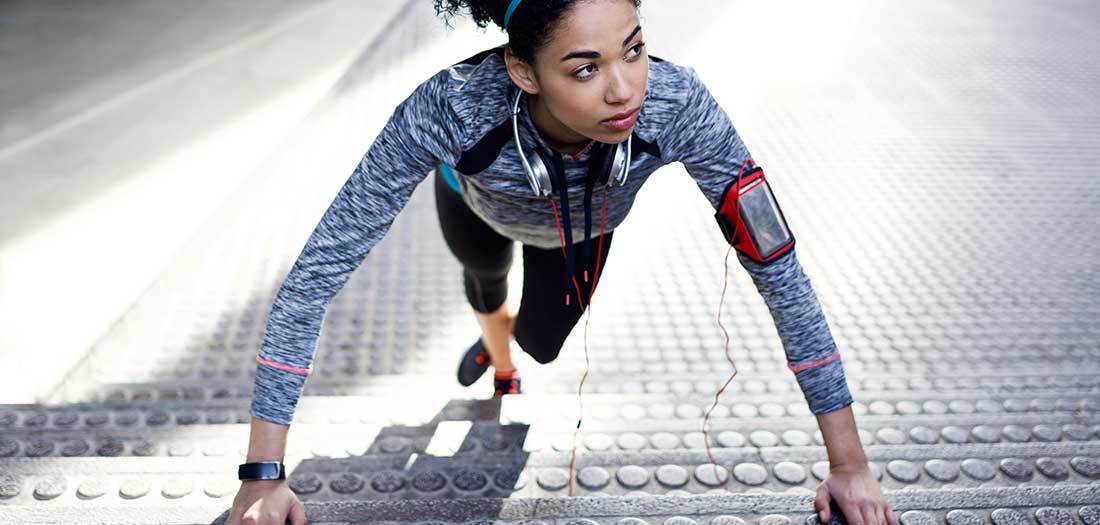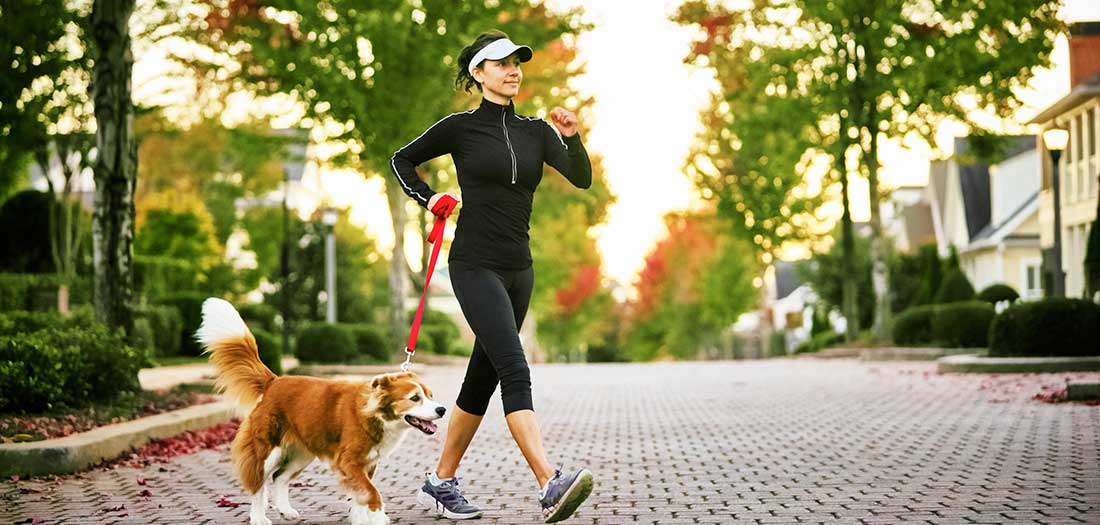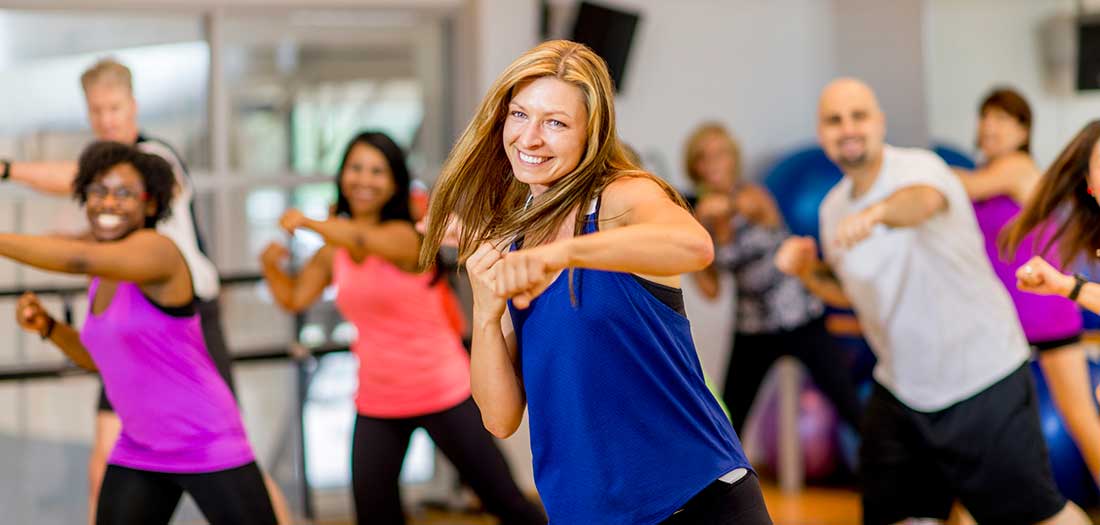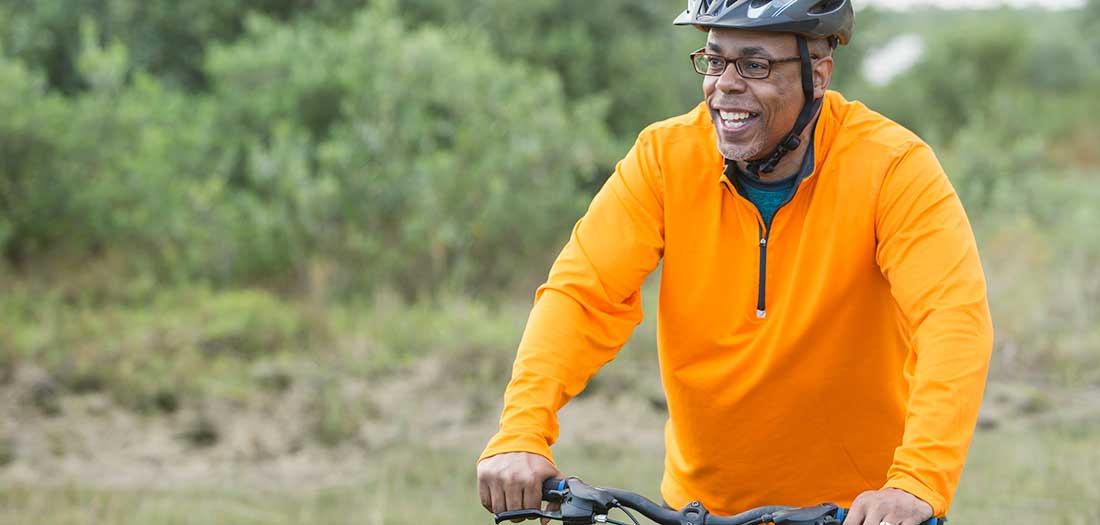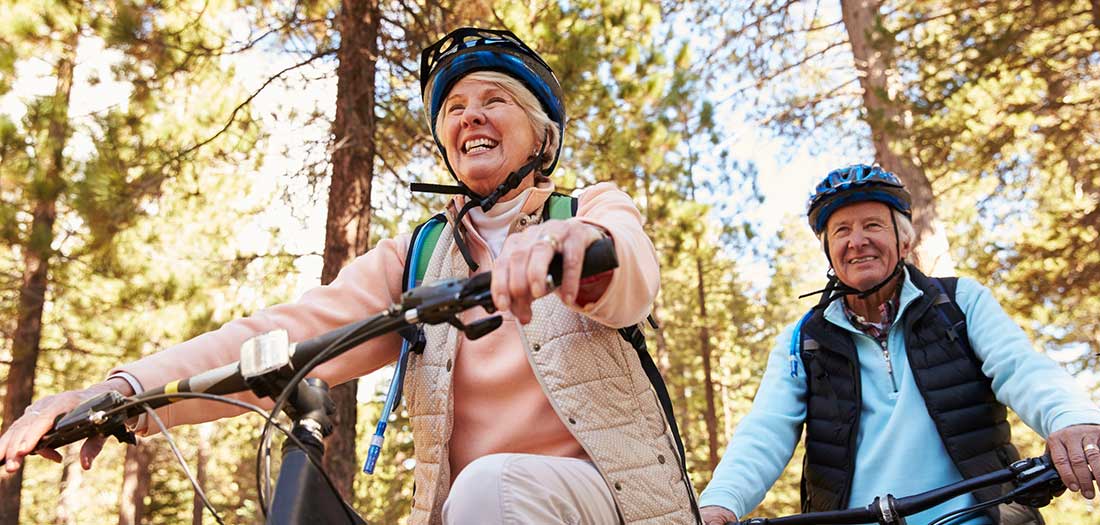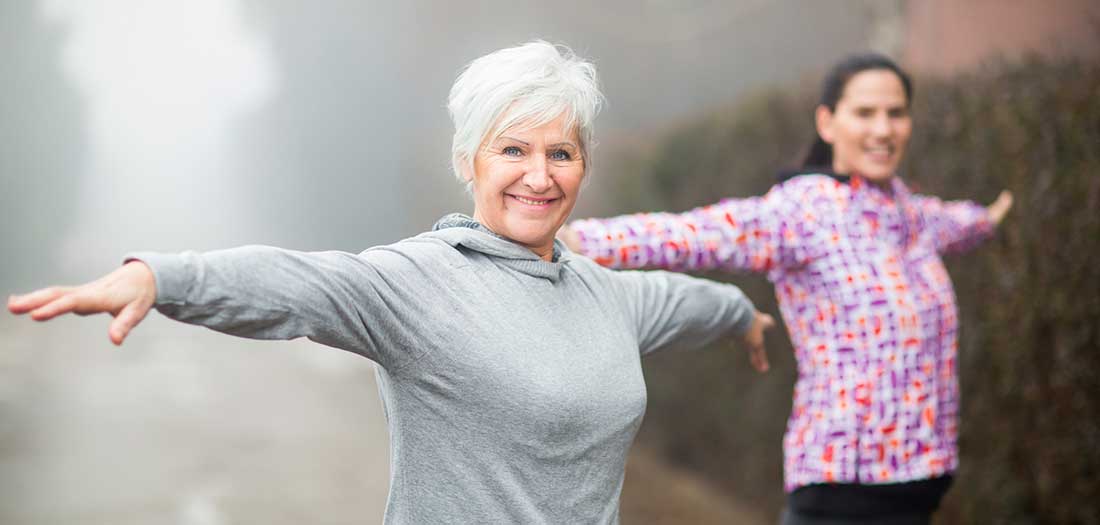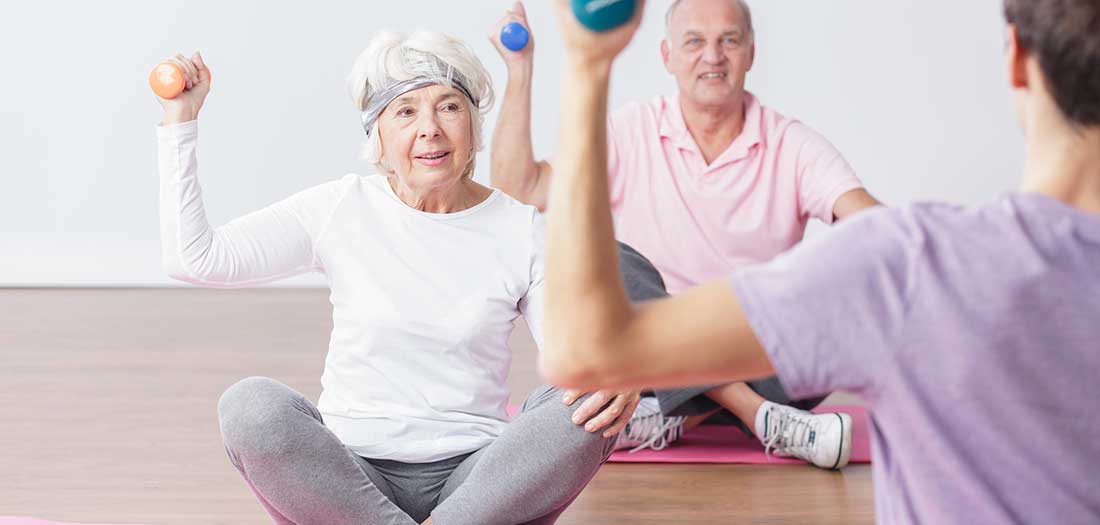This I feel every single day, every single hour, every single minute.
Often we over criticize ourselves, even more so when we are mothers or carers or when we are older. And often we need articles to remind ourselves to love our own heart and nourish it with goodness so that it can draw out and reach out to others.
Enjoy, thanks
bobux!
 Rebecca Taylor from Taylor Made Ramblings uses her trademark wit to discuss 'Mum-Guilt'. Yes, you know the feeling. That nagging suspicion you could be doing something wrong. Find out how to give it the boot and be a better mother for it today!
Rebecca Taylor from Taylor Made Ramblings uses her trademark wit to discuss 'Mum-Guilt'. Yes, you know the feeling. That nagging suspicion you could be doing something wrong. Find out how to give it the boot and be a better mother for it today!
WHAT IS MUM-GUILT?
I'm sure I don't need to explain to most readers what mum-guilt is. Even if you are not a parent yourself, it's fairly self-explanatory.
I also feel I should be more inclusive and name it parent-guilt, but without sparking controversy, I do sense it’s something that mums experience more than dads...
Mum-guilt is that internal voice that criticises everything we do and don't do as a parent. It constantly goads our every move, comparing us to others or to our own idealistic self.
If it’s muted during the day whilst you are busy, you can be certain it’ll appear again at night to remind you of all your faults and imperfections.
Phrases such as these frequently whizz around my head:
'You really shouldn't put the television on - it's not good for him and it is selfish of you wanting him distracted whilst you cook the dinner in peace.'
'You didn't make that pasta sauce from scratch for dinner - you're pumping him full of additives and chemicals and he'll get used to the taste and never want homemade again!'
'You're useless at messy play and arts and crafts. You never do it because you worry about the mess. You're lazy. It's depriving him of vital developmental experiences.'
Sound familiar? I could go on and on about feeling guilty for wanting some time to myself, for not making a meal from scratch, for taking the little man to the soft play centre (again) because I couldn't face being creative at home.
As alone as we can feel, especially during difficult times, these worries are universal. The more we talk to other parents, the more we realise how much we all worry (even those who may appear calm and collected).
And often, just talking about it can help. Having an outside perspective can reassure us that actually, we are doing a good job.
WHY WE HAVE IT?
So why do we experience guilt? Because we care. Nothing can prepare us for the love and responsibility we feel when we have a baby; it is overwhelming!
We adore these little creatures more than anything in the world and we want to provide the very best we can for them emotionally, physically, and materialistically.
Yet the accompanying pressure is immense, and although everyone is different, I am yet to meet a parent who doesn't experience it to some extent.
I sometimes feel like I'm in a high-intensity fitness class! I am striving to do my best, to be the best, and it is exhausting, rewarding and sometimes fun. Yet I neveram the best. The instructor presents the model of fitness, the lady next to me can jump higher, the man behind can run faster...but I keep trying. I might momentarily pause but I never give up...
It is because we care that our expectations become unrealistic and we become susceptible to guilt. If we are always focusing on the goal, we forget all that we doachieve.
Furthermore, external pressures and influences don't alleviate the problem. We see the 'super-mums' on social media and hear those around us listing their accomplishments.
They might proudly announce that their little one is fully potty trained at eighteen months whilst my two-year-old will quite happily sit in a poopy nappy until someone notices! Or they will post mouth-watering photos of their latest culinary delight. And we constantly read what we should and shouldn't be doing with our child and so the guilt continues....
FOCUSING ON THE POSITIVES
We need to politely tell our inner voice to hurry back to where it came from; to stamp out the negative dialogue and give the boot to that guilt...
If we can say we fed, watered, washed, clothed and attended to the emotional needs of our children, then we are doing a great job!
I often feel guilty if I haven't made dinner from scratch, but actually, there are half a dozen meals in the freezer that I have made myself, or berate myself for offering a biscuit as a snack, when he had porridge, fruit and yoghurt for breakfast.
Other times I feel bad because he has been watching CBeebies all morning as I get things done. Again, I should focus on the fact that this isn't the norm and he played outside the other half of the day. (Furthermore, television isn't negative per se. He enjoys it and even seems to learn from it.)
It's a case of balance, balance, balance, accepting our limits and acknowledging our achievements.
The sooner we start being kinder to ourselves and praising our achievements rather than magnifying our shortcomings, the sooner we can be free of guilt and enjoy being a parent.
After all, if we are happy, our children are happy. Sometimes we just need to stop thinking altogether, to stop evaluating and assessing, negative or positive, and justbe (something I have written about extensively in my Mindful Mondays series).
Learning to live in the present and focus on the now is essential. We mustn't feel guilty for feeling guilty. We are only human and relinquishing guilt really is rather refreshing.
Give the boot to guilt, evict the judge, and ditch the jury. Instead, be kind to ourselves. This is, in turn, the kindest thing we can do for our children.
Do you suffer from mum-guilt? Do you have ways of dealing with it? Or perhaps you are a dad - what is your view on it? We would love to hear from you.
Posted in: Lifestyle
 By Rebecca Taylor
By Rebecca Taylor
Rebecca is a lifestyle, parenting, travel, health and fitness blogger. Head-in-the-clouds musician, singer, and teacher writing about life and her busy thoughts over at www.taylor-made-ramblings.co.uk.
